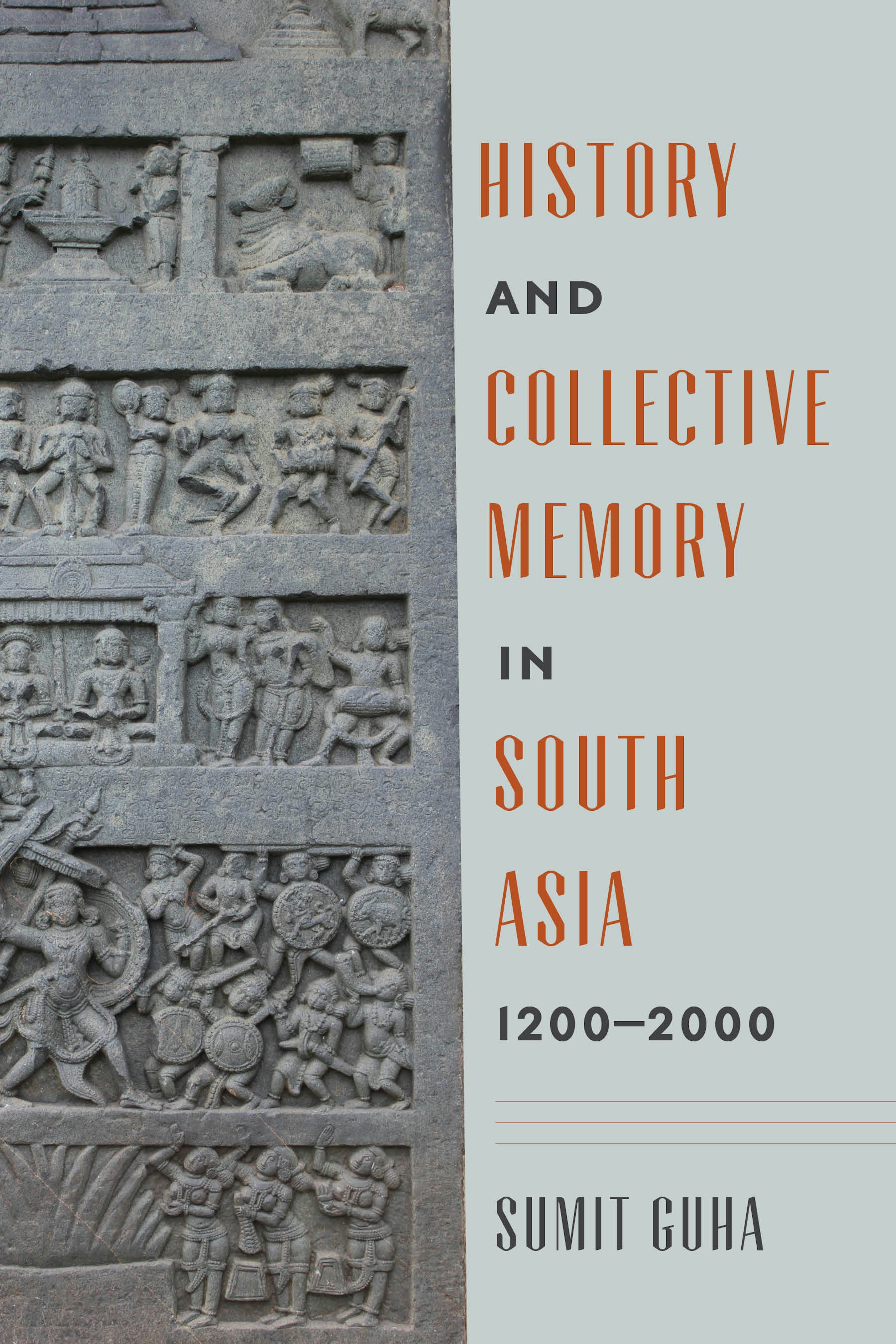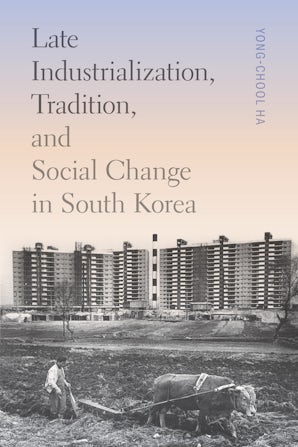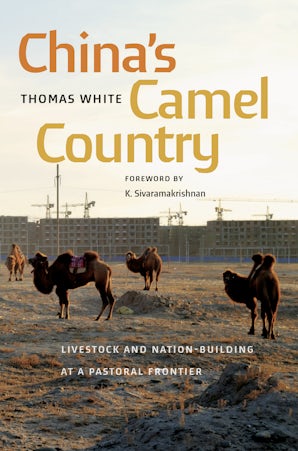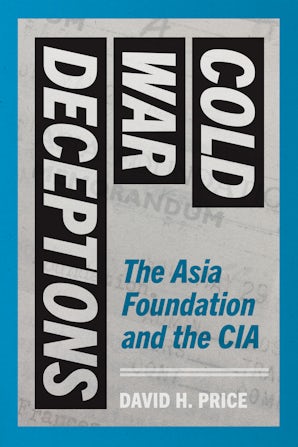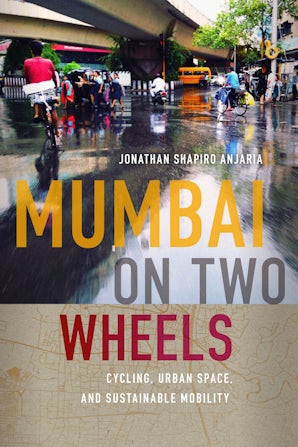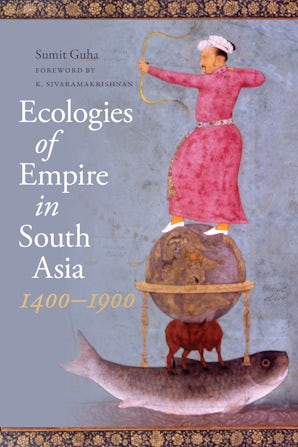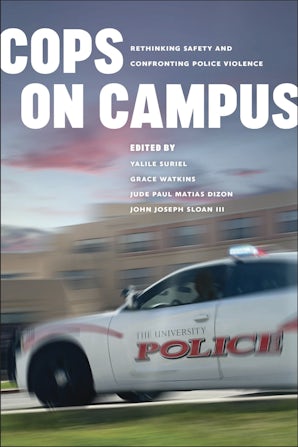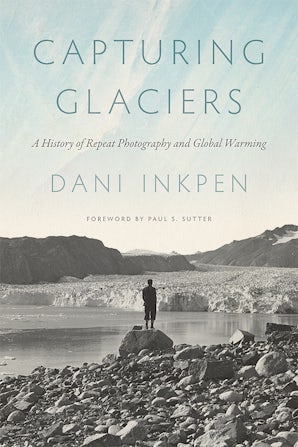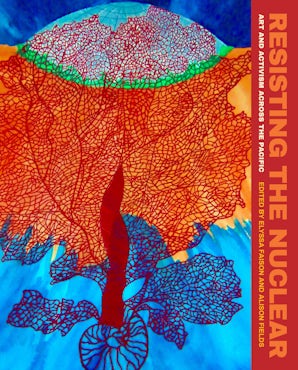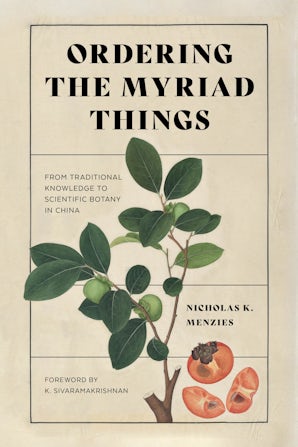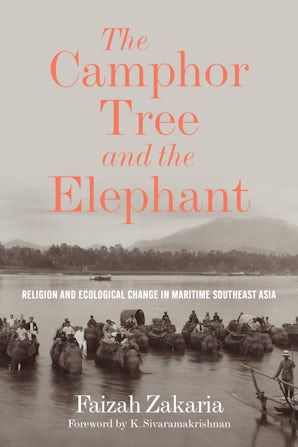"Guha charts the rise of historical memory in South Asia in a way that moves past literary affect or philosophical predisposition, refusing to reduce his subject to a reconfiguration of Western historiography even while he traces parallels in colonial institutions. Instead, Guha engages everything from family lineages and modes of accounting, to grand memorial narratives of the rise and fall of dynasties, to give us a comprehensive study how social memory, wedded to evidence-based reasoning, transformed into the historical arts of South Asia, and finally how history matters even now in a ‘post-truth’ age."
-
Christian Novetzke, author of The Quotidian Revolution: Vernacularization, Religion, and the Premodern Public Sphere in India
"Much of this rich and exciting material has not been discussed in published form before. The subject of how South Asians have constructed the past has been an increasingly important one in the field; this book will become one of the most original and substantial contributions to this literature."
-
Douglas E. Haynes, author of Small-Town Capitalism in Western India: Artisans, Merchants, and the Making of the Informal Economy, 1870–1960
"Not only does Guha possess a mastery of a staggering diversity of historical practices in South Asia, his analysis extends to a thoughtful discussion of (and argument about) the origins and development of European history writing."
-
William R. Pinch, author of Warrior Ascetics and Indian Empires
"Amid the acrimony and pessimism of our current 'post-truth' era, Professor Guha takes us on a wonderfully refreshing journey through the myriad ways in which human societies have approached the interface between specialist history writing and popular memory. Combining remarkable breadth of learning with vivid insights derived from South Asian experience, Guha offers us a new sense of the possibilities of balance between older disciplinary norms of evidence-based history writing, and the dynamic world of public and popular argumentation as it settles and acquires the status of collective memory."
-
Rosalind O'Hanlon, author of Caste, Conflict and Ideology: Mahatma Jotirao Phule and Low Caste Protest in Nineteenth-Century Western India
"Guha reminds us that the now-standard Western method of history writing, as practiced and taught in university departments, is of fairly recent vintage. This book should go well beyond the usual circles of South Asia specialists to general readers interested in comparative historiography and epistemology."
-
Samira Sheikh, author of After Timur Left: Culture and Circulation in Fifteenth-Century North India
